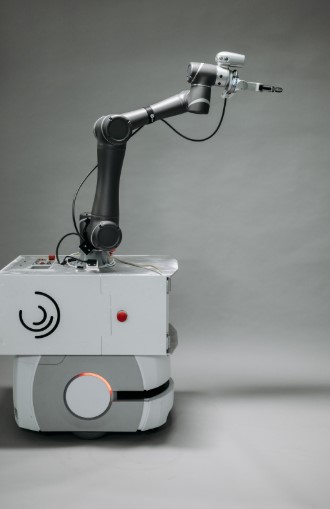
How to Choose a Robot Arm for Labs
Pro Robotics · October 7, 2025 · By Ayobami Adekunle
Choosing the right robot arm for your lab can transform efficiency, precision, and safety. From handling repetitive workflows to automating advanced experiments, a well-selected robotic arm is an investment in productivity and innovation.
1) Understand Your Lab’s Needs
Begin by identifying the specific tasks your robot arm should perform. Common lab applications include:
- Sample preparation and liquid handling
- Equipment loading/unloading
- High-precision part assembly
- Repetitive measurements and data collection
2) Evaluate Key Specifications
These specs determine how well the arm fits your workspace:
- Payload capacity: Ensure it supports the weight of tools and parts.
- Reach: Affects bench coverage and layout flexibility.
- Repeatability: Accuracy is critical in research and testing environments.
- Speed: Balance fast cycle times with safety needs.

3) Tooling & End-Effectors
The end-effector determines what the robot can manipulate. Labs typically use:
- Parallel or 3-jaw grippers for small parts
- Vacuum grippers for plates and flat surfaces
- Soft or adaptive grippers for irregular objects
4) Safety & Compliance
Even collaborative robots require a safety plan. Look for:
- Collision detection and force limitations
- Risk assessment reports
- Compliance with CE/UL and local standards
5) Integration with Your Systems
Ensure your robot supports APIs, PLC integration, and common communication protocols like Modbus/TCP or EtherNet/IP. Easy programming options allow your team to adapt workflows quickly.
Final Thoughts
Selecting the right lab robot arm is about aligning specs, safety, and integration with your research goals. With the right choice, you gain a reliable partner in innovation.
Explore our curated Premium AI Robots collection or request a quote for a tailored solution.
